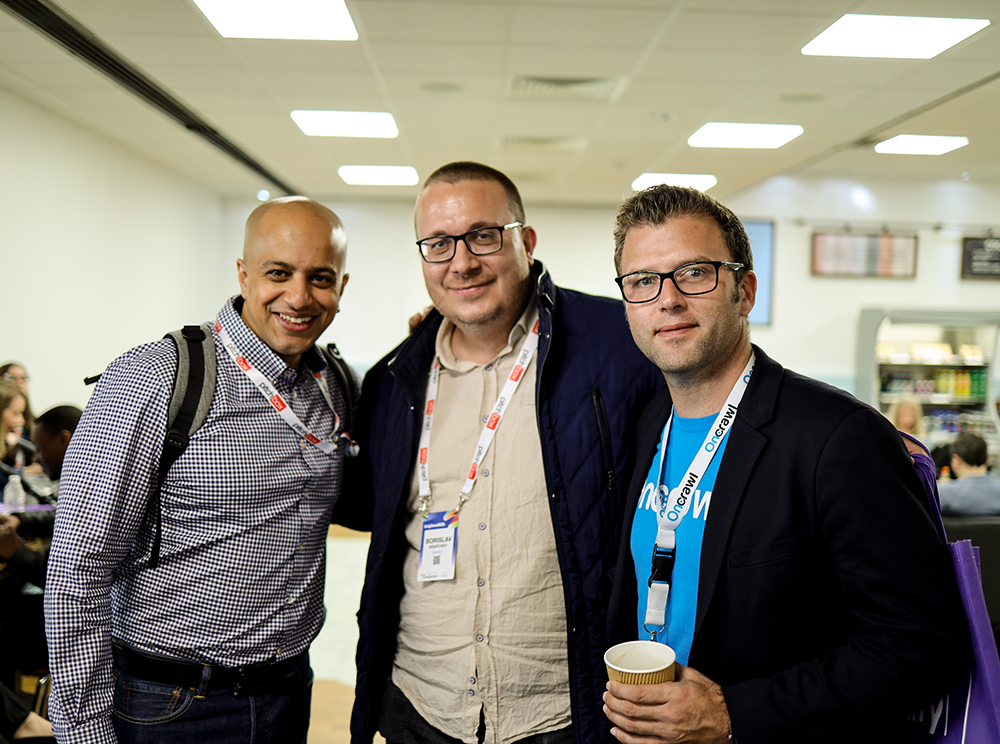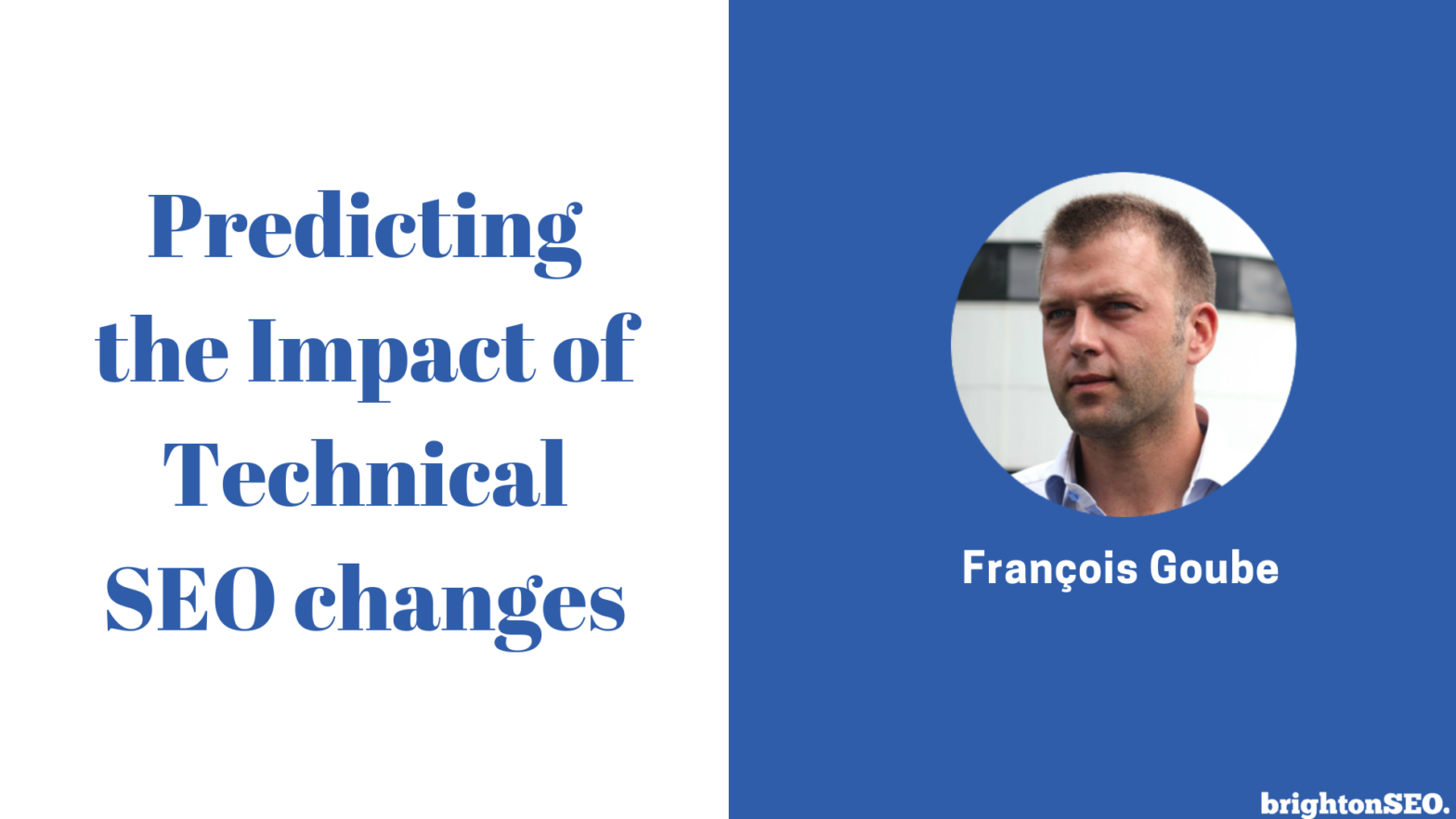Technical SEO is a vital component of any website’s search engine optimisation efforts and digital strategy. It pertains to the technical elements of a website that influence its position in the search engine results pages (SERPs).
One of the significant challenges that digital marketers and SEOs face is predicting the impact of technical SEO changes on a website’s performance. It’s important to note that not all technical SEO changes have a positive impact, and some may even have a negative effect on a website’s search engine visibility.
Technical SEO impact
To predict the impact of technical SEO changes accurately, it’s crucial to consider the following factors:
- The purpose of the technical SEO change: Every technical SEO change should have a specific objective. For example, you may implement a change to reduce your site’s page load time, improve crawlability or indexing, or improve user experience. Understanding the intended purpose of the change is crucial in predicting its potential impact on the site.
- The current state of the website: Before implementing any technical SEO changes, it’s important to conduct a thorough analysis of the website’s current state. This analysis should include assessing the website’s current traffic using a tool like Google Analytics 4, rankings using a tool like SE Ranking, and the overall performance of the site. This analysis will provide a baseline for measuring the impact of the technical SEO changes.
- The type of technical SEO change: There are various types of technical SEO changes, including changes to URL structure (website migration), meta tags, schema markup, canonical tags, and others. Each type of technical SEO change has a unique impact on the website. For example, changes to URL structure may impact crawlability and indexing, while changes to meta tags may impact click-through rates from the SERPs.
- The magnitude of the technical SEO change: The magnitude of the technical SEO change also plays a significant role in predicting its impact on the website’s performance. A minor change, such as updating a meta description, may have a negligible impact on the site’s ranking. In contrast, a significant change, such as implementing HTTPS or changing the site’s URL structure, may have a more significant (sometimes catastrophic) impact.
- The competitive landscape: The competitive landscape of a website’s industry and niche is also essential in predicting the impact of technical SEO changes. If the website is in a highly competitive industry, even small technical SEO changes may have a significant impact on its online visibility.
- The search engine algorithm updates: The algorithms used by search engines, such as Google or Bing, are constantly evolving. Changes to search engine algorithms may impact a website’s ranking with or without any technical SEO development, and it’s important to keep up with these changes when predicting the impact of technical SEO changes.
In conclusion, predicting the impact of technical SEO changes is crucial to the success of any website’s SEO efforts. It’s essential to consider various factors, such as the purpose of the technical SEO change, the current state of the website, the type and magnitude of the change, the competitive landscape, and algorithm updates.
With this information, website owners and SEO professionals can make data-informed decisions about the technical SEO changes they implement and predict their potential impact on the site’s performance.
Who is Francois Goube?
Francois Goube is a French entrepreneur and digital marketing expert. He is the founder and CEO of OnCrawl, an award-winning Technical SEO Platform (tool) that helps online businesses to improve their website performance and search engine visibility in order to drive increased ROI. Goube has over 15 years of experience in digital marketing and has worked with a range of clients, from small businesses to large corporations.

In addition to his work at OnCrawl, Francois Goube is also a frequent speaker at digital marketing conferences like BrightonSEO and We Love SEO and has published articles in a variety of industry publications. He is known for his expertise in technical SEO and his ability to develop innovative solutions to complex search engine optimisation challenges.
He is also known for In his weird passion for analysing Google’s patents in his free time.


Leave a Reply